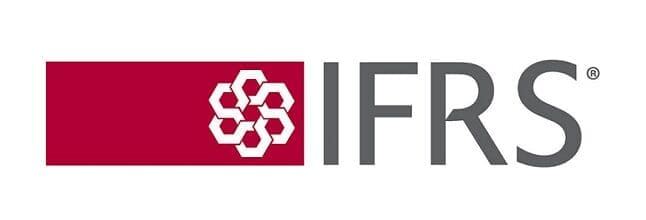On Monday the 25th of June the International Sustainability Standards Board (ISSB) released its two International Financial Reporting Standards (IFRS) covering general Requirements for Disclosure of Sustainability-related Financial Information (S1 for short) and Climate-related Disclosures (S2). The release of these global reporting standards presents an important development in the disclosure of sustainability information, harmonising many methodologies and terminologies to create a common language for disclosing sustainability-related risks and opportunities on the outlook of a business.
The new, voluntary standards incorporate Task Force on Climate-Related Financial Disclosures (TCFD) requirements and have considered feedback from over 1000 consultation responses as part of their creation.They will provide an important benchmark for the disclosure of sustainability and climate issues particularly in a rapidly evolving regulatory environment.
Going beyond the organisation itself, IFRS S1 requires companies to not only consider its own risks and opportunities but also ensure those of its value chain are considered. The Standard calls on reporting entities to reflect on the intrinsic link between stakeholders, society, the economy and the natural environment throughout the value chain when considering the short-, medium- and long-term sustainability-related risks and opportunities associated with business activities. Businesses disclosing under the standard will need to consider and introduce the 3Ps of the Triple Bottom Line into decision-making in a far greater way than has perhaps previously been required.
At Achilles, we join other leaders in welcoming the introduction of the two standards which will provide a more consistent and harmonised approach to reporting of sustainability data. Our supply chain due diligence services and ISO 14064 carbon reduction programme will continue to support clients in providing them with the accurate data they need to meet to identify sustainability risks and opportunities as well as supporting them in defining their sustainability strategies. the demands of both voluntary and mandatory sustainability reporting frameworks.
Increasingly businesses are required to adapt to the demands of voluntary and mandatory sustainability reporting frameworks. With accurate data, and clear and consistent reporting frameworks there is a real opportunity positively impact people and the planet.


